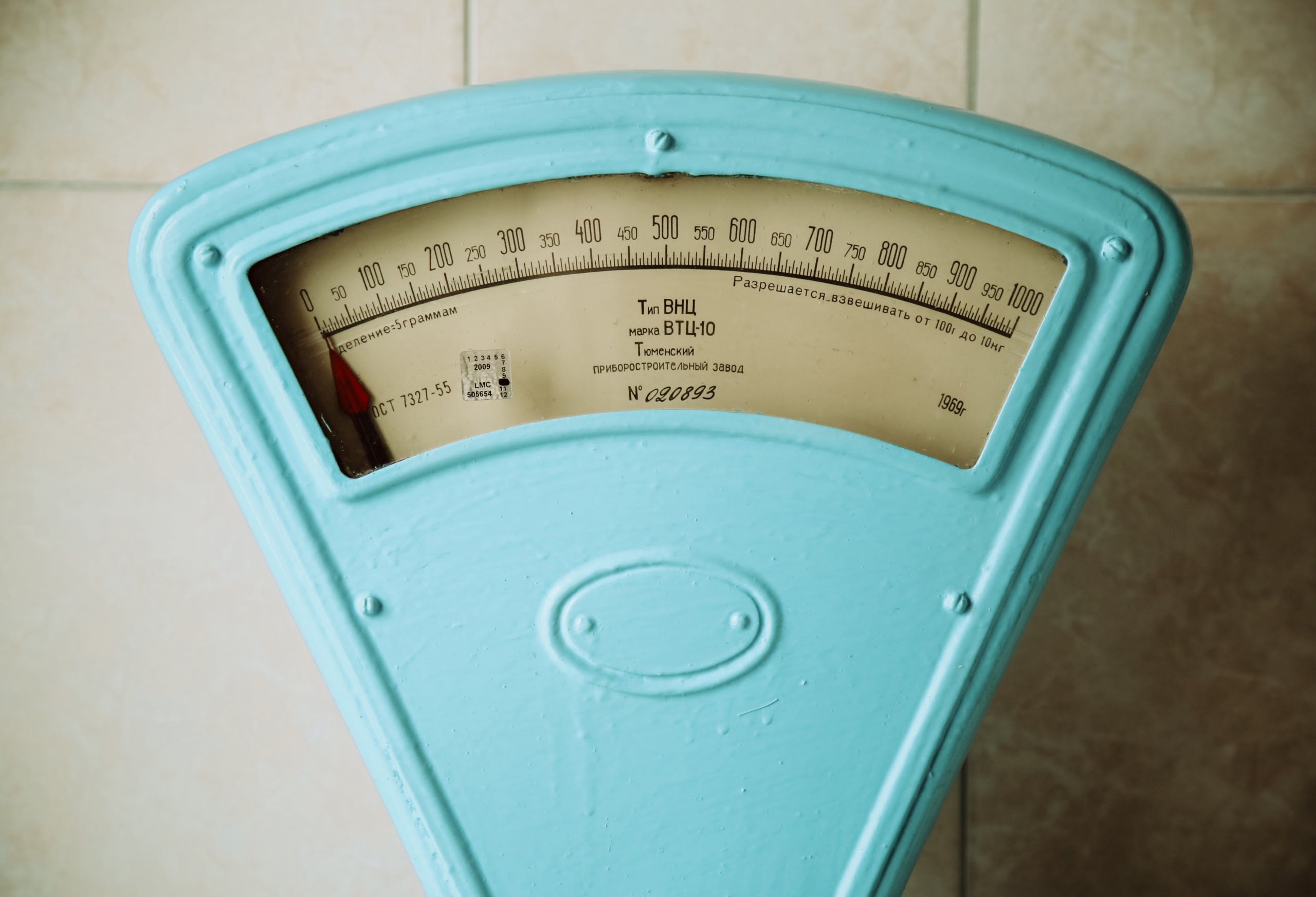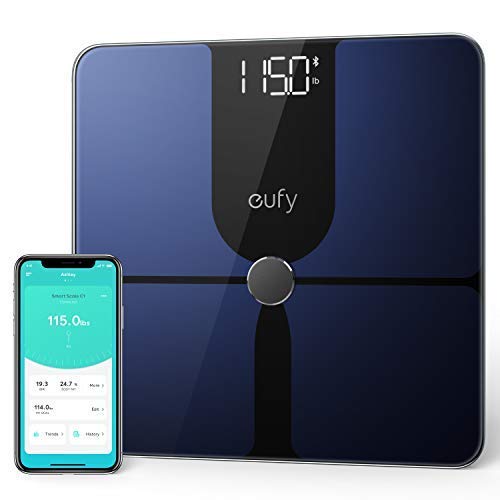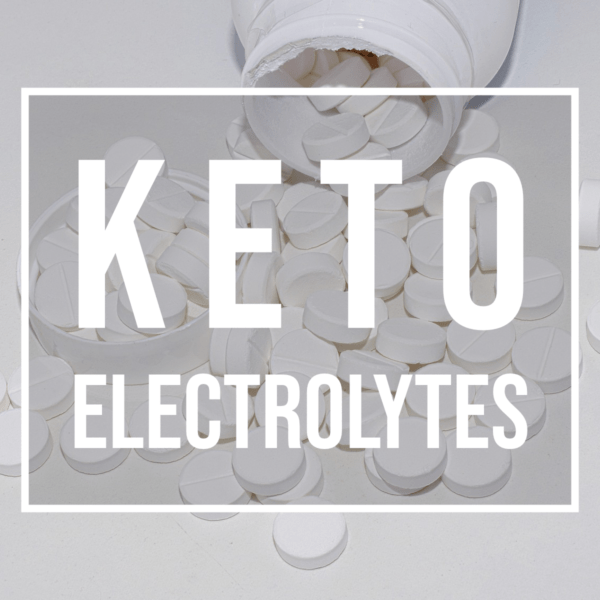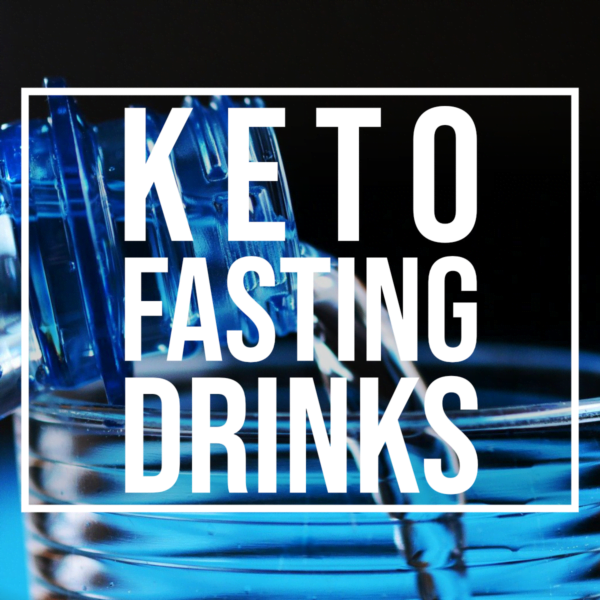How to track your progress on keto using a smart scale

One of the easiest ways to track your progress on keto, is by using a set of scales to track your weight. It’s one of the best indicators to see if you’re going in the right direction. Many people suggest weighing yourself once a week at the same time, while others say to weigh yourself every morning. Whatever you choose, keeping track of all that data can be tedious. So why not use a smart scale?
What is a smart scale?
A smart scale, is a scale that tracks multiple biometric measurements, including:
- Weight
- Body Fat %
- BMI – Body Mass Index
- Water %
- BMR – Base Metabolic Rate
- Visceral Fat
- Body Age
- Body Fat Mass
- Lean Body Mass
- Bone %
- Bone Mass
- Muscle Mass
- Muscle %
It usually connects to an app that you install on your phone via Bluetooth or Wi-Fi. The data is saved and you can see trends, reports and even suggestions. In addition, most smart scales can integrate with other services like Fitbit, Google Fit, Apple Health and others.
I currently have my smart scale setup to sync automatically to Fitbit, which in turn syncs to MyFitnessPal. So, within about 20 seconds of me stepping on the scale my fitness data is synced across all those platforms!
How accurate are smart scales?
A recurring question most people ask, are just how accurate are smart scales? The answer: It’s hard to say. Take the measurements (excluding weight) with a pinch of salt.
For example: If you want to get a really accurate reading of your body fat percentage and other metrics then you’ll need to fork out some cash and go to a centre that uses something like Air Displacement Plethysmography. That can cost quite a bit of time and money!
I take my smart scale biometric readings as a good indicator (estimate) of where I’m at, on my fitness journey. It’s like BMI (Body Mass Index), doctors use it to estimate if your weight is healthy. It only takes into account your weight, height, gender and age. If you’re working out everyday or are an athlete, then your BMI could be way off. This could be because your muscle mass is much greater than someone who leads a sedentary lifestyle.
A lot of the smart scales metrics are based on calculations (like BMI), these are tried and tested methods used by many health professionals. However, they are only estimates and are usually based upon an average individual who does some exercise and leads a relatively healthy lifestyle.
In summary, use the biometrics as an indicator to see how well you’re doing, but don’t take it as a source of truth (besides from the weight measurement).
Tracking my progress
When I started my keto journey back in 2017, I used a Salter bathroom scale (actually this one) that I had sitting in my wardrobe for the past few years. I would weigh myself every morning at around the same time and record it in a notepad. That worked well for the most part, but it was cumbersome and I had no real way of tracking trends.
Using Excel

So at the beginning of 2018, I started to input my data into an Excel spreadsheet. The picture above is real snippet from my old workbook. The scales could track body weight, BMI, Body Fat Percentage and Body Water Percentage. I kept that up to date till the 30th of April 2018. This was better than my old note pad method, as it allowed me to track more measurements and produce charts to see trends (like the one below)!

It was a step in the right direction. Being able to see trends, really helps motivate you day in day out. However, I still had to step on my scale in the morning and then turn on my PC and input the data manually. After a few months of good weight loss progress I decided to bite the bullet and get a set of smart scales. I didn’t want to spend too much, but still wanted a set that could integrate with Fitbit and provide me with some analytics.
Using a smart scale

The smart scale I decided on was the Eufy BodySense Smart Scale which is still a very popular model, however there is also a newer model available (see recommended smart scales section below).
Connecting the scales to the app only took a minute and integrating it with Fitbit was just as quick. I’ve been using the EufyLife app for almost two years and since then it’s gone through many updates and one big redesign. It’s great, and you can see trends and reports for all previous measurements.
It’s great to be able to see at a glance, your progress. The reports also use traffic light colours to signal areas that you can work on. You can see in the image above that my Muscle Mass is a bit low. That sounds about right! I wasn’t doing any exercise at the time and was sitting in an office for 8+ hours a day. I’ve since started working out and that percentage is increasing (albeit slowly).
Recommended smart scales
If you’re just starting out on keto and already have a set of bathroom scales. Then I’d recommend you use them for the first few months. Just get use to weighing yourself regularly. Anywhere from everyday to once a week is what I would recommend. Just beware that your body weight can fluctuate widely from day to day. So if you do intend to weigh every day, don’t worry if you go up a bit from time to time.
Once you’re invested in your new lifestyle a smart scale is a great addition to tracking your progress. As I mentioned in the previous section I’ve been using a scale made by Eufy and I thoroughly recommend them. They are a good cross between affordability and features.
Eufy Smart Scale P1

Recommended: Best budget smart scale
Available at: Amazon
Tracking biometrics: Weight, Body Fat %, Total Body Water %, Muscle Mass, Bone Mass and BMI.
Benefits: Price, Can track 14 measurements and integrate with Apple Health, Google Fit, and Fitbit. Uses Bluetooth to connect to EufyLife app on phone (iOS / Android).
Downsides: App must be open on device to use. No Wi-Fi Syncing. Supports multiple users (up to 16) but can be a bit hit and miss.
Withings Body+

Recommended: Best set of features and connectivity options
Available at: Amazon
Tracking biometrics: Weight, Body Fat %, Total Body Water %, Muscle Mass, Bone Mass and BMI, BMR, Visceral Fat and Lean Body Mass.
Benefits: Syncs with over 100 health and fitness apps, including Fitbit, Google Fit and Apple Health. Automatically recognise up to eight different users. Syncs over Bluetooth or Wi-Fi. If you use Wi-Fi you don’t need to have the app open your phone to sync.
Downsides: Wi-Fi syncing can be a bit hit or miss. It’s one of the most expensive smart scales.
Fitbit Aria 2

Recommended: For Fitbit users who want a simple to use scale.
Available at: Amazon
Tracks biometrics: Weight, Body Fat %, BMI and Lean Mass.
Benefits: Automatically syncs to your Fitbit account, no middleman app needed. Automatically recognise and sync up to eight users. Uses Wi-Fi to sync data, no need to open app.
Downsides: Expensive and locked into the Fitbit ecosystem. Tracks fewer metrics than other smart scales.


